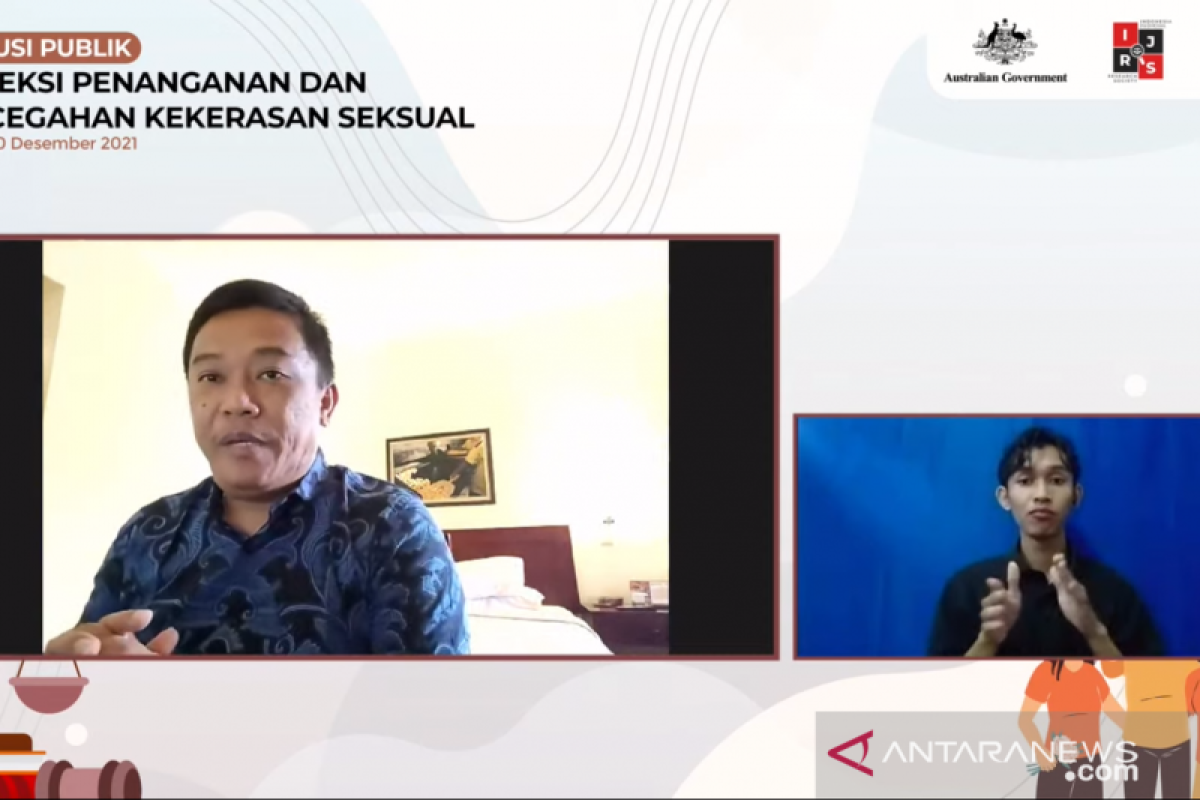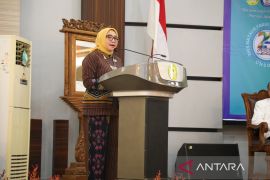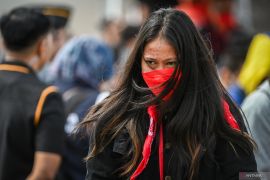Based on annual records of the National Commission on Violence Against Women in 2021, some 1,074 cases were recorded of perpetrators being the boyfriends (of the victims), and then there were ex-lovers, followed by siblings or relativesJakarta (ANTARA) - Sexual violence cases in Indonesia, especially against women, largely constituted those occurring in the private sphere, wherein perpetrators were the closest people, National Commission on Violence Against Women Commissioner Veryanto Sitohang stated.
"Based on annual records of the National Commission on Violence Against Women in 2021, some 1,074 cases were recorded of perpetrators being the boyfriends (of the victims), and then there were ex-lovers, followed by siblings or relatives," he said.
Sitohang delivered the statement during a public discussion titled "Reflections on the Handling and Prevention of Sexual Violence" broadcast on IJRS TV's YouTube channel on Friday.
Related news: NWR case shows limitations of services to victims of sexual violence
He noted that in 2020, data from the National Commission on Violence Against Women showed that violence was often committed by boyfriends, with cases reaching up to 1,320 followed by biological fathers, with the case count reaching 618.
From the evaluation of data, Sitohang opined that the existence of safe spaces for women from their closest environment was questionable.
“(Ironically,) people who know the victim are the perpetrators of sexual violence. I think the safe space for women, which should have started from the home, (its existence is) questionable," he emphasized.
Sitohang also noted that the current form of sexual violence was not only limited to sexuality but also torture and murder.
He also drew attention to some of the obstacles that oftentimes hindered women victims of sexual violence in seeking justice.
Related news: Issues of violence against women akin to iceberg phenomenon: Minister
Sitohang pointed out that they were often prohibited from reporting cases, as their experiences were considered disgraceful, and in some cases, the victims felt intimidated by the perpetrators. Women forced to remain silent in such cases would experience prolonged depression and possibly commit suicide. He cited Novia Widyasari's case as one such example.
The victims are often weighed by the task of finding evidence. Moreover, most of the times, the cases are handled in ways that were not victim-oriented.
"The questions posed by law enforcement officers, the police, and the courts, actually scared the victims (to the point of being) traumatized. Thus, she did not want to follow up with the case," he remarked.
Sitohang also expected such issues to be immediately addressed by the stakeholders, especially law enforcement officers, so that the cases were solved in a way that took into account the sexual violence victim's point of view.
Related news: Omicron may dampen global economic projection: IMF
Related news: First 2022 G20 Sherpa Meeting held with strict health protocols
Translator: Tri Meilani A, Mecca Yumna
Editor: Fardah Assegaf
Copyright © ANTARA 2021












